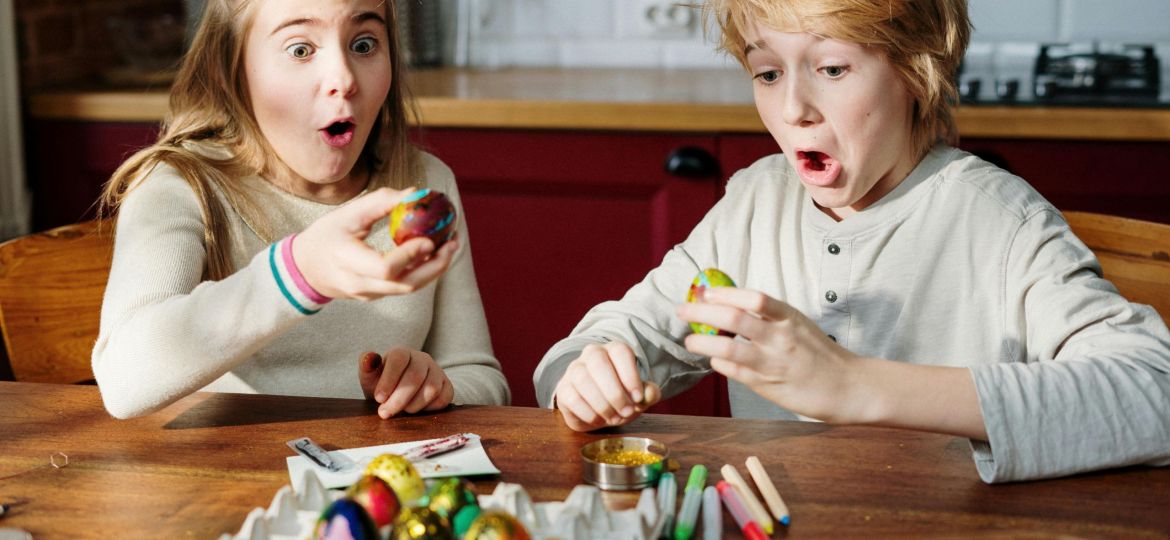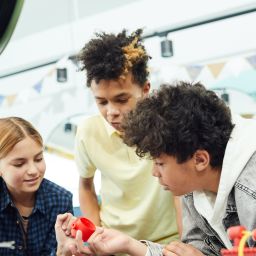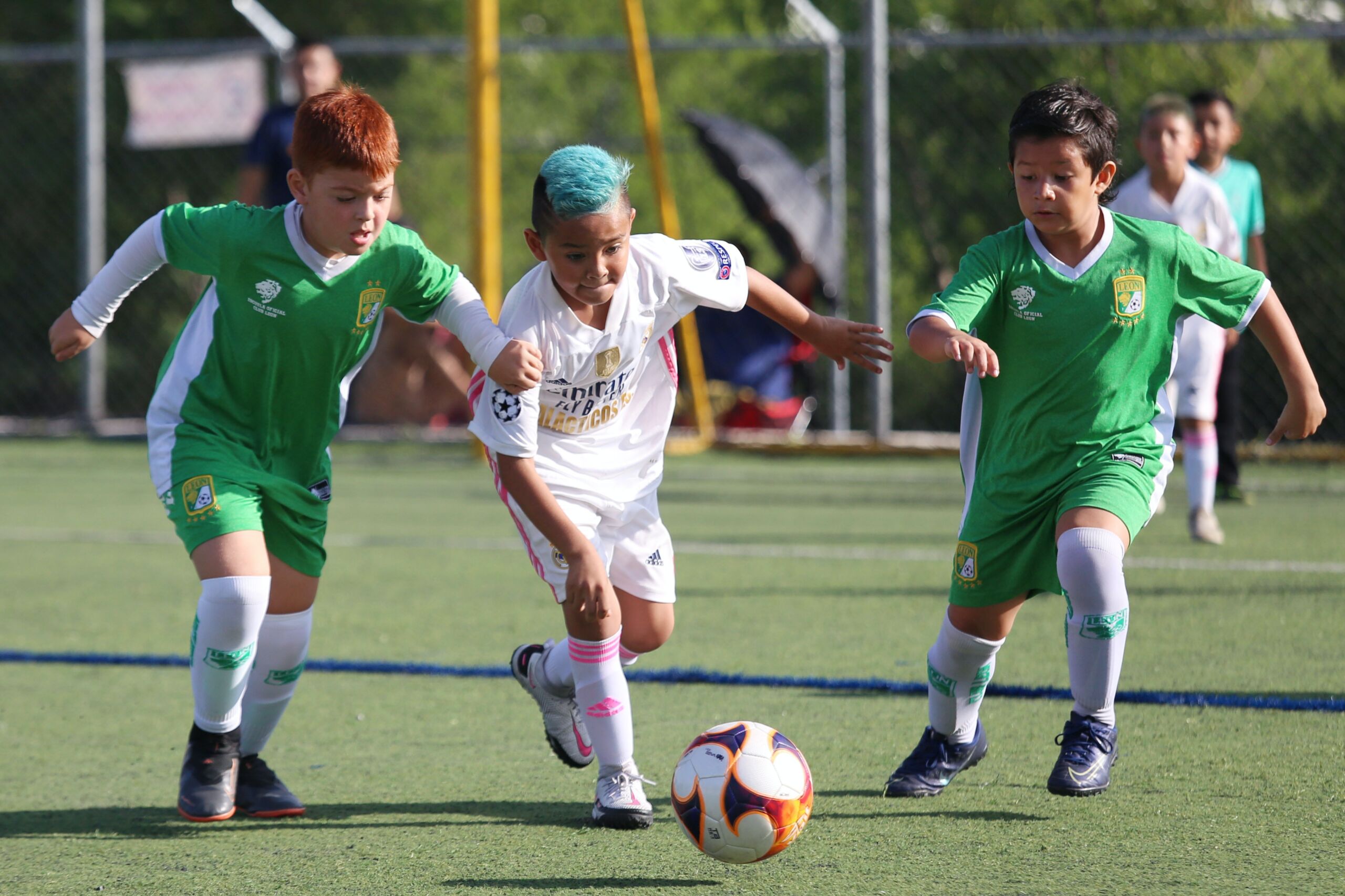
FH Summary: Incorporating the habit of daily surprises into a child’s routine fosters curiosity, mindfulness, and an upward spiral of positive habits that enrich their life. By encouraging children to notice and explore new experiences every day, parents can help them develop a growth mindset and a love for learning. This simple practice can have profound effects, leading to greater academic success, social engagement, and overall well-being.
As parents, we all want to raise children who are not only successful but also deeply curious about the world around them. The foundation for a fulfilling and enriched life is often built on the habits we nurture from a young age. One such habit, inspired by the quote, “Try to be surprised by something every day,” can be a game-changer in your child’s development. This post will delve into why incorporating the practice of daily surprises into your child’s routine is essential and how it can create an upward spiral in their life, fostering positive habits that will last a lifetime.
The Power of Curiosity: Why Daily Surprises Matter
“Try to be surprised by something every day. It could be something you see, hear, or read about. Stop to look at the unusual car parked at the curb, taste the new item on the cafeteria menu, actually listen to your colleague at the office. How is this different from other similar cars, dishes or conversations? What is its essence? Don’t assume that you already know what these things are all about, or that even if you knew them, they wouldn’t matter anyway. Experience this once thing for what it is, not what you think it is. Be open to what the world is telling you. Life is nothing more than a stream of experiences – the more widely and deeply you swim in it, the richer your life will be.” – Mihály Csíkszentmihályi
This quote beautifully encapsulates the essence of curiosity and its importance in life. For children, curiosity is not just a natural trait but a skill that can be developed, leading to significant cognitive and emotional benefits.
You may recognize Csíkszentmihályi as a main contributor to the important concept of “flow.” Its importance is summarized in our post here.
Research shows that children who regularly engage in curiosity-driven activities are more likely to succeed academically and socially. A study published in the Association for Psychological Science found that curiosity is as important as intelligence in determining how well children do in school.1 Children who are encouraged to explore their world with curiosity tend to have better attention, memory, and learning capabilities.
Incorporating the practice of finding daily surprises – whether it’s noticing a new bird in the backyard, tasting a new fruit, or hearing a different type of music – helps children develop a mindset that is open to learning and exploration. This mindset is crucial for their growth, as it lays the foundation for an upward spiral of positive habits.
Developing an Upward Spiral of Good Habits
Good habits are the bedrock of a successful life, and the earlier they are established, the better. When children are encouraged to notice and appreciate new experiences daily, they are developing the habit of mindfulness and attention to detail. This habit doesn’t just stay confined to their childhood; it grows with them, influencing their approach to life as adults.
Imagine a child who, every day, is encouraged to find something surprising or new in their environment. This habit, over time, evolves into a keen sense of observation and curiosity. The child becomes more engaged in their studies, more empathetic in their relationships, and more innovative in problem-solving. This is what we refer to as an “upward spiral” – a positive feedback loop where one good habit leads to the development of another, creating a strong foundation for future success.
Conversely, children who are not encouraged to be curious may fall into a “negative spiral.” Without the stimulation of new experiences, they might develop habits of complacency, boredom, or even resistance to learning. This can lead to challenges in school and social situations, as they may lack the resilience and creativity needed to navigate life’s complexities.
Practical Ways to Incorporate Daily Surprises into Your Child’s Routine
Implementing the habit of daily surprises into your child’s life doesn’t require grand gestures. Here are some simple yet effective ways to nurture this habit:
§ Morning Wonder: Start the day by asking your child what they are curious about today. Whether it’s a question about the sky, an interest in a new book, or wondering how their favorite toy works, use this curiosity to guide part of the day’s activities.
§ Evening Reflections: At dinner or before bed, discuss something surprising or new that each family member encountered that day. This not only reinforces the habit but also makes it a family tradition, encouraging open communication and shared learning.
§ Exploration Walks: Go on regular walks with your child, whether around the neighborhood or in nature. Challenge them to find something they’ve never noticed before—a new plant, an unusual sound, or a different way the light hits a familiar object.
§ Taste Tests: Introduce new foods into your meals regularly. Encourage your child to describe the taste, texture, and smell of the food. This simple act of being mindful about what they eat can be a surprising and educational experience.
§ Creative Projects: Set up small creative projects where your child can experiment with new materials or ideas. Whether it’s building something with blocks in a new way or painting with colors they haven’t used before, the goal is to encourage them to try something different.
The Role of Parents in Fostering Curiosity
As parents, your role in fostering your child’s curiosity cannot be overstated. It’s not just about providing opportunities for discovery but also about modeling curiosity in your own life. Children learn best by example, so let them see you being curious too. Share your own surprises with them – whether it’s a new recipe you’re trying, a book you’re reading, or something interesting you noticed during your day.
Dr. Carol Dweck, a renowned psychologist, has emphasized the importance of a “growth mindset” – the belief that abilities can be developed through dedication and hard work. See our other posts on that here and here. Curiosity plays a crucial role in this mindset. By encouraging your child to be curious and open to new experiences, you’re helping them develop a growth mindset that will serve them well throughout life.
Stories from the Field: How Daily Surprises Changed One Child’s Life
Let me share a story about a child named Emily. Emily was a typical 7-year-old who loved playing outdoors but struggled in school, especially with reading. Her parents, concerned about her lack of interest in academics, decided to try something different. They started a “surprise of the day” routine, where every evening, they would discuss something new they had all experienced.
At first, it was small things – Emily noticed a new bird in the yard or a different flower blooming on their walks. But soon, this habit of noticing the little things started spilling over into her schoolwork. She began to approach her reading assignments with curiosity, wondering what surprises the stories might hold. Her grades improved, but more importantly, her attitude toward learning shifted. Emily became more engaged, more excited about school, and more confident in her abilities.
This story isn’t unique; it’s a testament to the power of daily surprises and how they can create a positive upward spiral in a child’s development.
Conclusion: Making Curiosity a Daily Habit
Incorporating the habit of daily surprises into your child’s routine is a simple yet profound way to enhance their curiosity and love for learning. It’s about more than just finding new things – it’s about teaching your child to approach life with an open mind and a sense of wonder.
By fostering this habit, you are helping your child build a foundation for a rich, fulfilling life. You are nurturing their ability to think critically, adapt to new situations, and find joy in the little things. And as they grow, these skills will not only help them succeed academically and socially but will also contribute to their overall happiness and well-being.
Remember, life is nothing more than a stream of experiences. The more widely and deeply your child swims in it, the richer their life will be. Encourage them to be surprised by something every day, and watch as this simple habit transforms their world.
For more tips on developing good habits in your children and creating an upward spiral in their lives, sign up for our weekly newsletter. Let’s work together to elevate the foundations of childhood development, one habit at a time.
References:












